ÚLTIMAS ENTRADAS DE NUESTRO BLOG DE ACTIVIDADES
THE PROJECT
Our project coordinated by Carolina García San and María Sierra seeks to explore the historical significance of the construction of the racial difference within the public space and collective imaginaries in 20th century Spain. Its general objectives and lines of work focus on the cultural and emotional production of race as a category, intertwined with gender and class, addressing carefully institutional and/or expert initiatives and social agency at different levels. The study of identity processes, and their relationship with historical and practices of memorialization, also implies analyzing the political agency of the social groups challenged by racializing representations. The relations between identity, race and memory open a research area to be fielded by historians of emotions in this vein for a long time. . First, it will attend to its first half when demo-liberal government logics were under strain and redefined as a consequence of narratives and practices leading to the “racialization” and “ethnification” of many population groups. Second, it will deal with a post- World war when diverse political cultures had to respond in one way or another to the effects of the Holocaust and the fear of nuclear war. Against those different global contexts, our proposal will assess the Spanish political, legal and social environment influencing the three major ethnic minorities: Roma, Jews and Muslims. Furthermore, since World War Two, the public condemnation and political deactivation of the binary system of race and nation, which had been behind the extreme physical and social violence of the preceding cycle of war, offers a way to analyze - from an innovative transnational perspective - the Spanish case study. The chronological framework will also allow us to explore and challenge continuities and discontinuities in discourses, social imaginaries and state practices between democratic and authoritarian political systems.
Therefore, my contribution aims to fill a double research gap: firstly, by addressing the historical study of racism in contemporary Spain as a case study and, secondly, assessing the emotional construction of the racial difference as a key factor for understanding social hierarchy, identity creation, violence, and political conflict in Spain throughout the 20th century. To achieve this, the research deals with discourses and practices that have transnationally constructed and naturalized racial differences, revealing the history of a wide range of social processes and their chronologies: in first place, it will attend to political agents, scientific experts and cultural creators, with the capacity to elaborate and disseminate messages of racial discrimination; in second place, it will develop working hypotheses within a "long" 20th century rooted in 19th century scientific racialization and extended, by an infinity of forms of racializing practices, to the 21st century both in Spain and the western world. Although the Francoism sets the main pattern for the analysis, the research will be open and attentive to previous and subsequent historical stages, which will allow us to assess critically trends of continuity and change.
The methodology, with a flexible and inclusive use of biopolitics, is committed to an analytical framework that provides the history of political violence with critical instruments of racial studies, together with other powerful historiographical lines for deconstruction, especially, using the gender approach. Besides, the proposal tackles with research questions about our past shared by other disciplines in the study of human difference and social inequality. The profiles of the research and work teams members give evidence of interdisciplinarity and internationalization in methods and approaches (History, Anthropology, Sociology, Cultural Studies, Heritage Studies). The proposal focuses on a historical problem which is fundamental to understanding current global issues concerning relations between the cultural production of ignorance and racial hate speech and violence, with effect on social praxis that limits rights.
Given (DES)RACIALHIST topic, approaches and lines of work, it connects the generation of scientific knowledge with the Agenda 2030 goals: ODS#10 Reduced Inequalities; ODS#5 Gender Equality; ODS#4 Quality Education; ODS#16 Peace, Justice and Strong Institutions; and ODS#17 Partnerships of the Goals.
KEYWORDS: RACIALIZATION PROCESSES, DISCOURSES AND PRACTICES, IDENTITIES, BIOPOLITICS, CONFLICT, VIOLENCE, MEMORY, 20TH CENTURY SPAIN


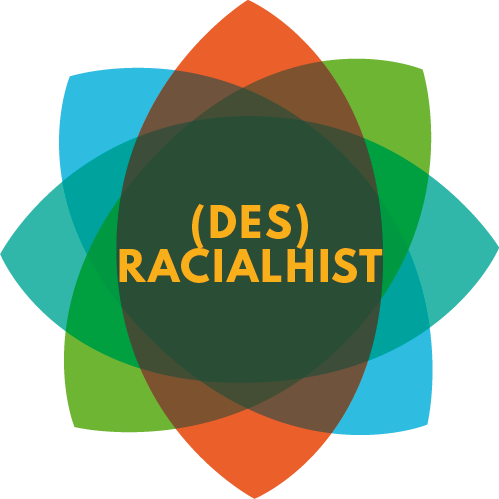
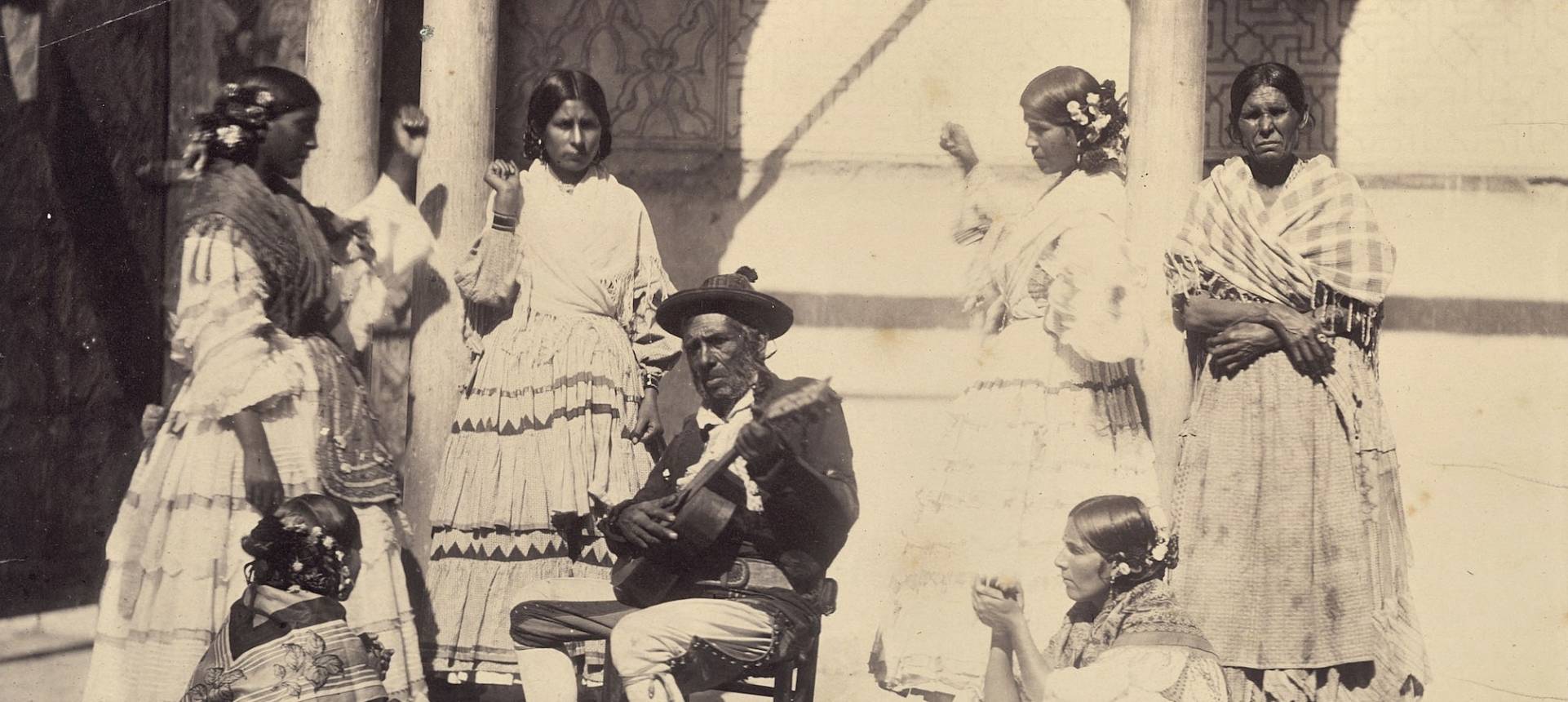
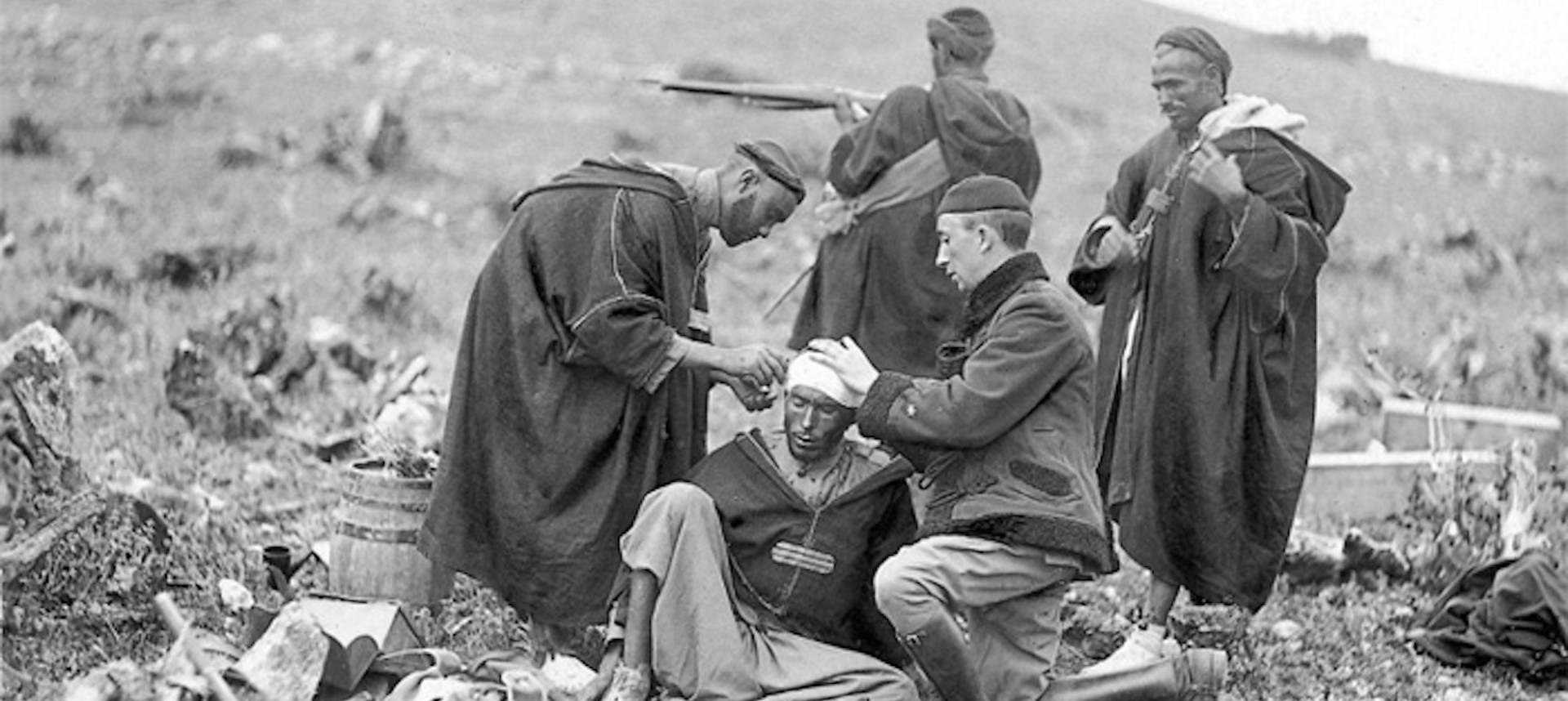

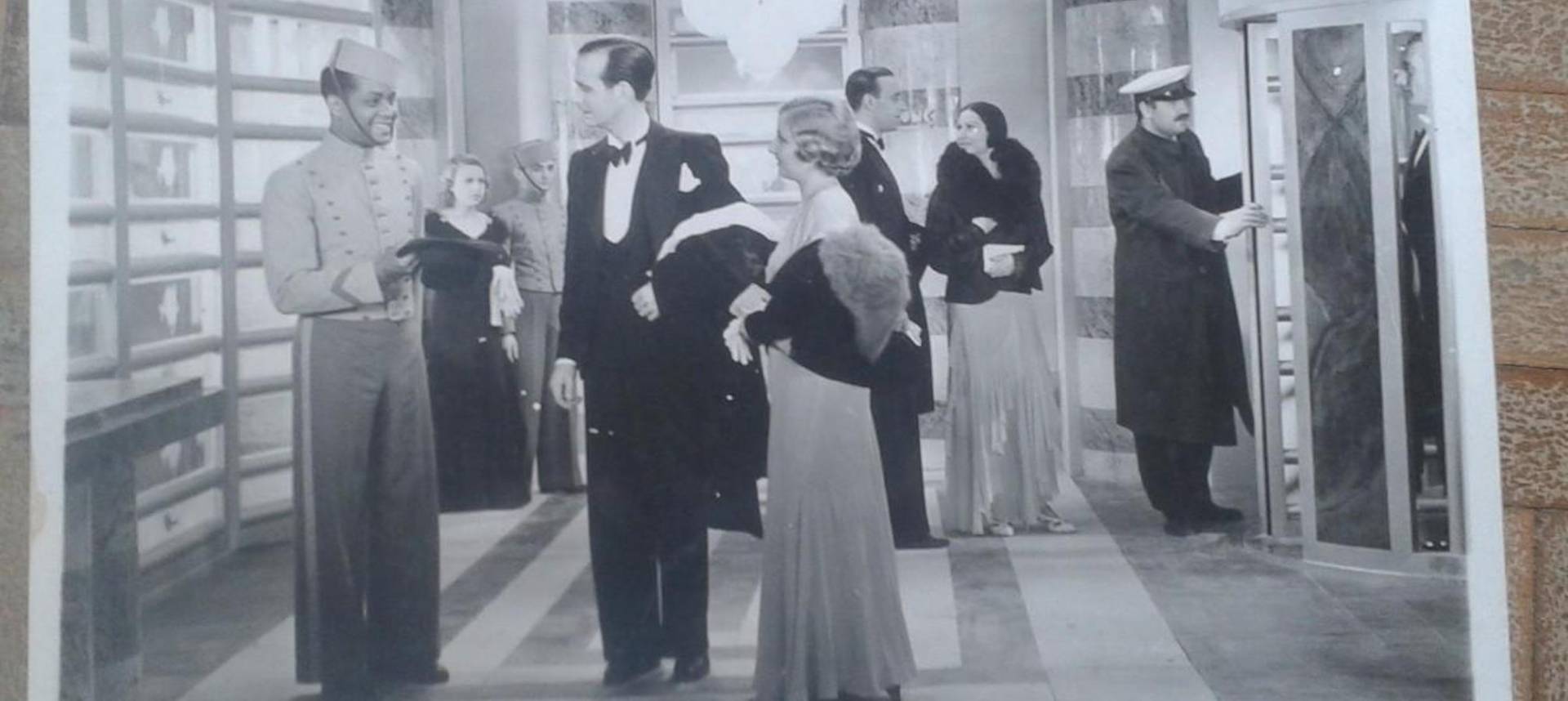

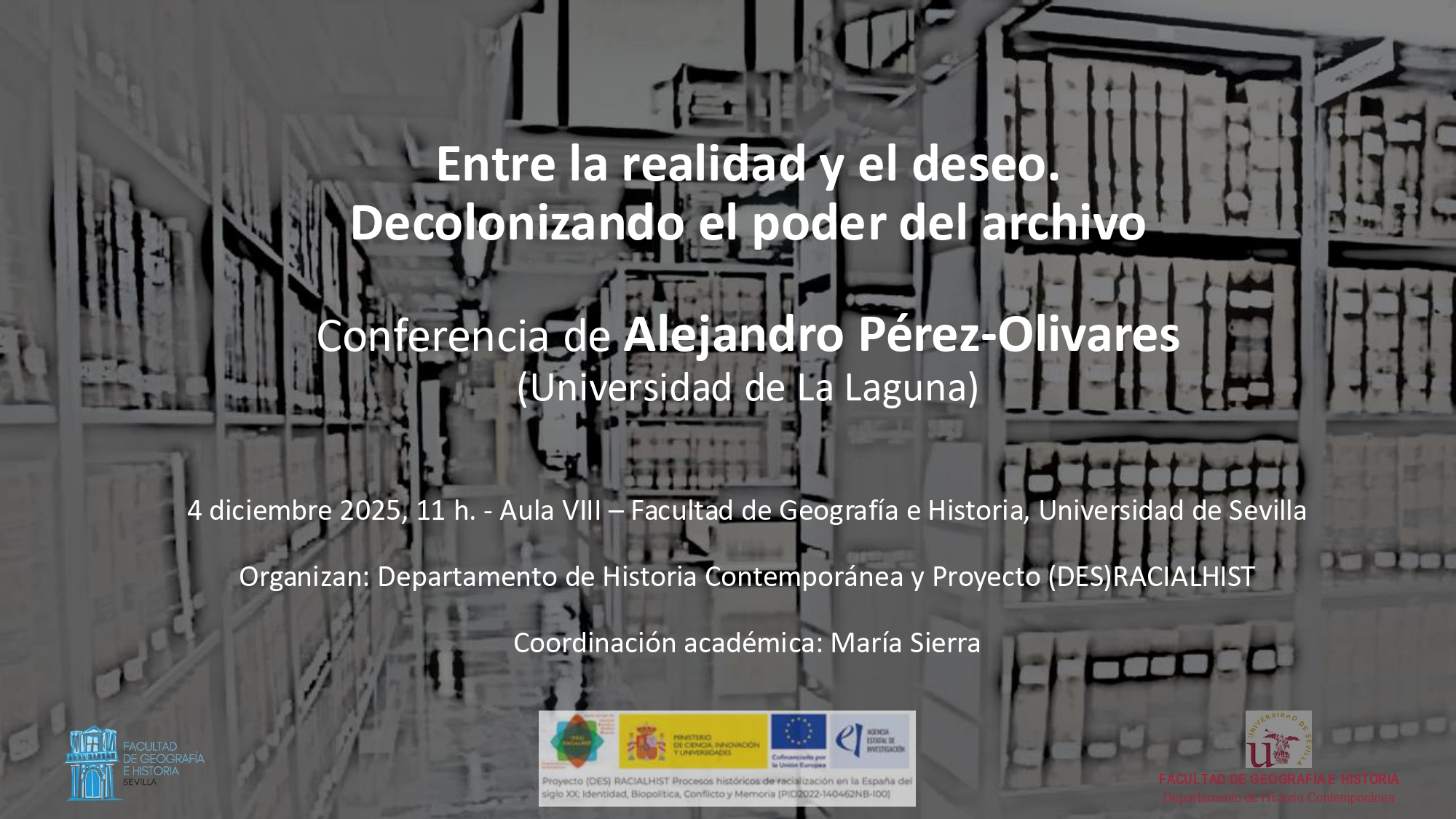
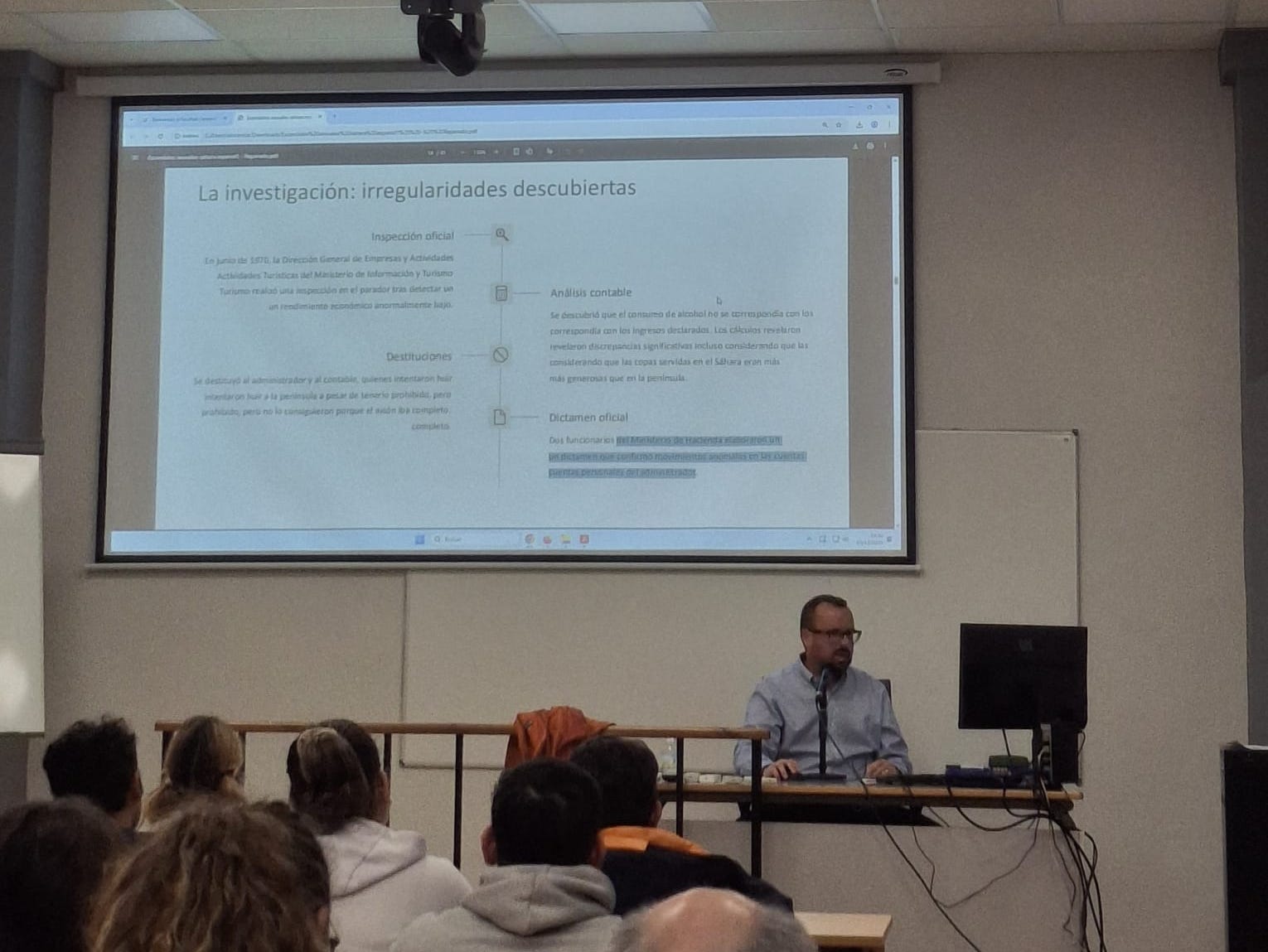

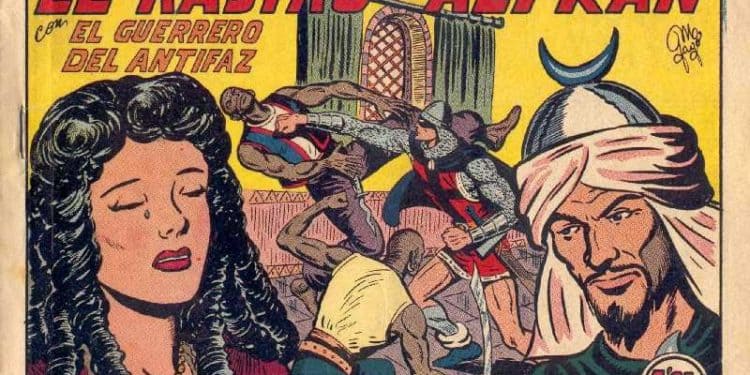

 Créditos fotográficos: el blog emplea sin ánimo de lucro imágenes libres de derecho de autor, imágenes cuyos autores no han podido ser localizados e imágenes indispensables para sostener los argumentos científicos de los distintos artículos. Si alguien desea hacer constar derechos sobre imágenes, puede escribir a la dirección
Créditos fotográficos: el blog emplea sin ánimo de lucro imágenes libres de derecho de autor, imágenes cuyos autores no han podido ser localizados e imágenes indispensables para sostener los argumentos científicos de los distintos artículos. Si alguien desea hacer constar derechos sobre imágenes, puede escribir a la dirección